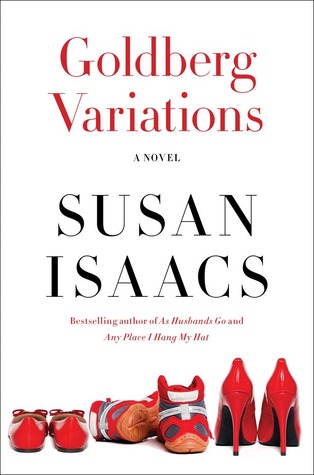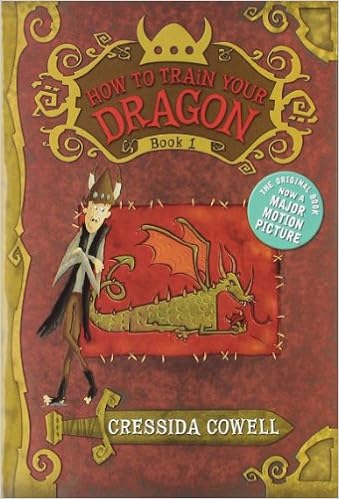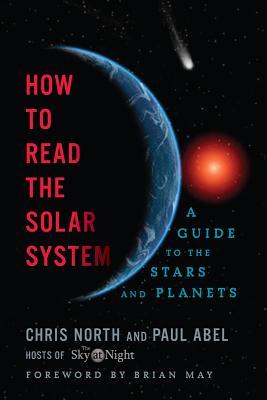 |
| Scribner |
Susan Isaacs
2012
The Summary
"Imagine King Lear as a comedy...
"Elegant, amusing, and profoundly nasty tycoon Gloria Garrison, née Goldberg, has a kingdom to bequeath to one of the grandchildren she barely knows. They're all twentsomethings who foolishly believe money isn't everything. Just shy of eighty, Gloria doesn't wish to watch the minutes tick by while the three dither over the issues of their generation--love, meaning, identity. She has summoned them all from New York for a weekend at her palatial home in Santa Fe. she has a single question to ask them: 'Which one of you most deserves to inherit my business?' Gloria never anticipates the answer will be 'not interested' three times. She created a brilliant, booming beauty business, Glory Inc., that not only does well, but does good. And they say 'no'? What's so grand about their lives that they would reject such a kingdom?
"Daisy Goldberg is not only mad for movies, she's part of the film industry: East Coast story editor for one of the biggest studios. Her brother, Matt, the über-sports buff, has a great job in public relations with major League Baseball. And their cousin Raquel Goldberg, half-Latina, all Catholic, is a Legal Aid lawyer. They may like their work, but do they really like their lives? Would they be so foolish as to hold against their grandmother the pain she inflicted on every member of the family? As far as Gloria is concerned, this isn't about tender feelings. It's about millions of dollars; it's about living a life the ninety-nine percent dream of and the one percent know.
"The weekend is full of surprises, not only for Daisy, Matt, and Raquel but also for Gloria. Memories have a way of intruding at the most inopportune times. And is Gloria's tough hide as impenetrable as she always believed? Susan Isaacs is at her formidable best in Goldberg Variations, a novel that is both wickedly witty and a deeply moving tale of family and reconciliation."
The Good
Goldberg Variations is a pretty enjoyable novel. I liked that it was based on Shakespeare's King Lear; in fact, that's what actually attracted me to it in the first place. However, what kept me involved was Gloria and her caustic personality. She's rather horrible--abrupt, unsentimental, tough, rather cold-hearted when it boils down to it--but she's an unexpectedly great narrator. I was hooked pretty quickly.
Plus, I couldn't wait to see how (or if) Gloria and her three grandchildren--Daisy, Matt, and Raquel--would manage to reconcile. It's rather interesting to see how they all interact, surprising to see the little connections between them that make them family. I also found it fascinating to see how the characters grow.
Susan Isaacs uses multiple narrators in her novel, which, in this case, works rather well. Daisy, Matt, Raquel, and Gloria are all enjoyable and engaging. They are candid, introspective, and interesting, certainly enough to keep me invested as the story continued. I was pleasantly surprised by the final chapter, because I really didn't expect things to turn out the way they did.
I really like that the author kept me on my toes.
The Bad
Although I mostly enjoyed Goldberg Variations, I found it took a very long time to build up the plot. The character and plot development is very slow; in fact, the whole weekend seems to take ages. The last chapter wraps it all up in a nice little bow--and it made me wonder, "What took so long?"
As a side note, I also want to point out that I don't care very much for books which feature multiple narrators from the first-person point-of-view. While I think Isaacs did a pretty good job of incorporating multiple narrators, I'm still not a fan. I prefer a single narrator, rather than several at once. It makes the book simpler and easier to read, and it seems to make it easier to connect to the characters.
But that's just my personal preference, rather than a problem with the book.
The Ugly
Family drama.
Gloria really is quite a terrible grandmother. Not that everyone else in the family is always very understanding or particularly nice. The rift between them all is rather painful with one generation after another escalating and transmuting the damage.












